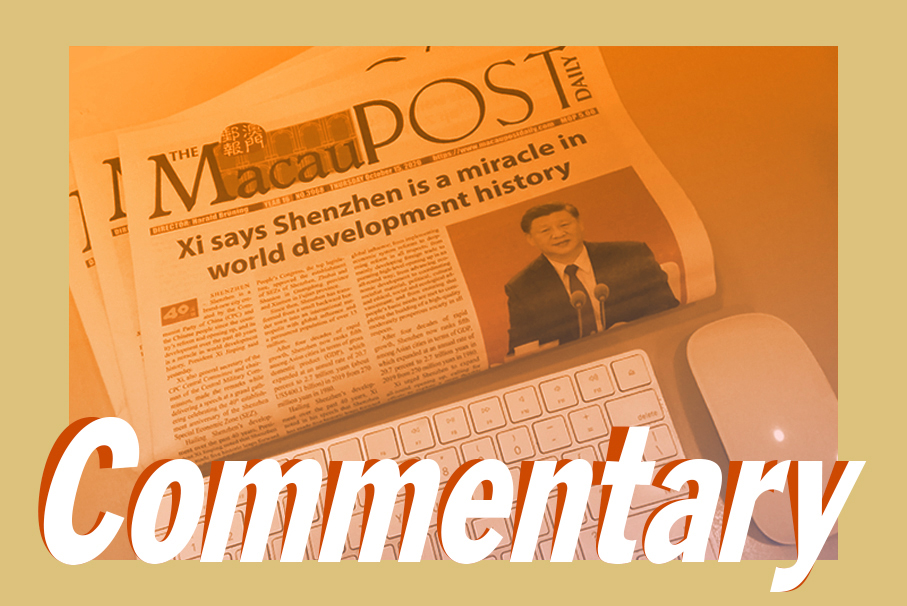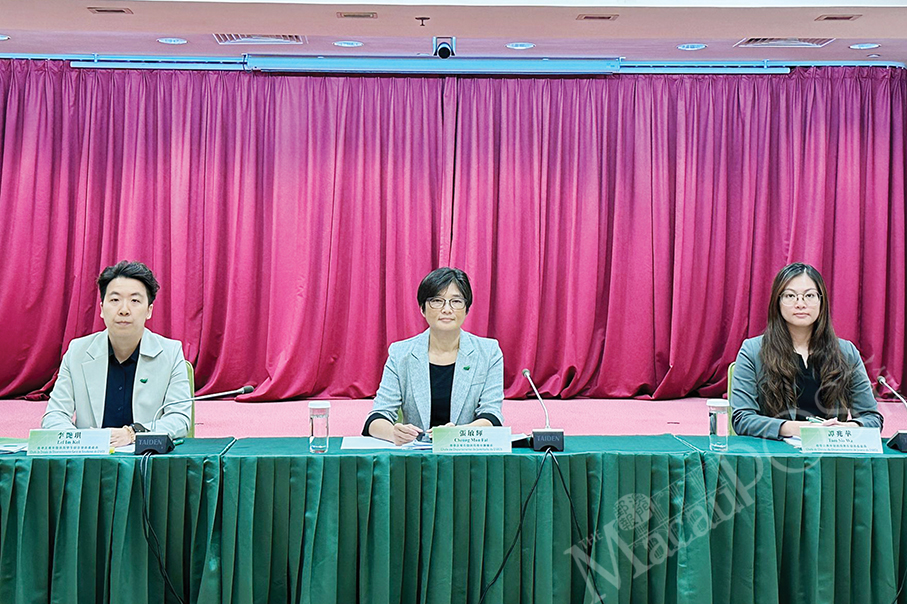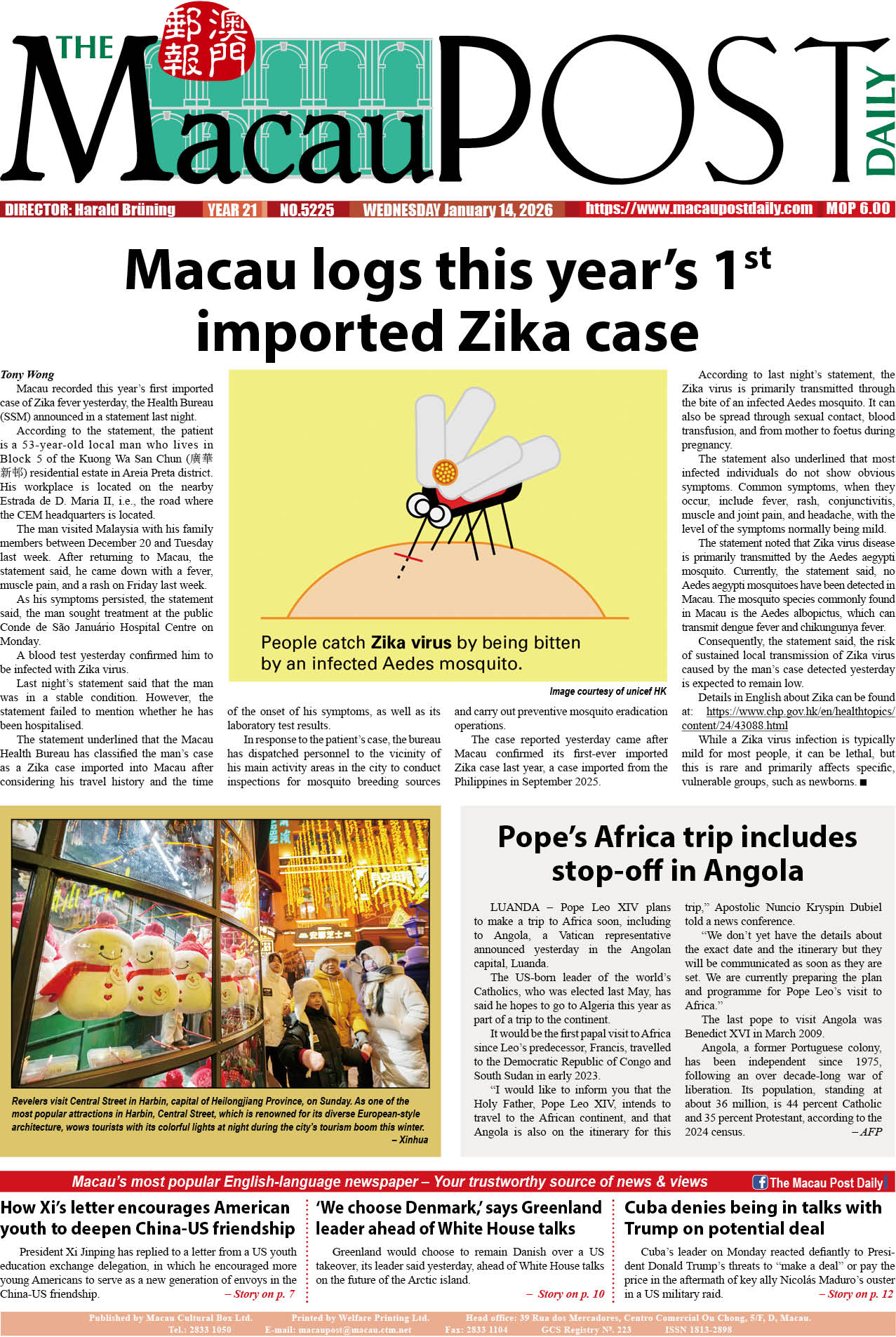China Daily Editorial
The United States Department of Homeland Security has recently added 29 Chinese companies to the so-called Uyghur Forced Labor Prevention Act entity list and, as a result, their products will be prohibited from entering the US starting this week. Washington claims that the companies were found to have either sourced materials from the Xinjiang Uygur autonomous region or worked with the local government “to recruit, transfer, and receive workers, including Uyghurs, out of Xinjiang”.
Beijing has strongly protested against the latest move of the US, calling it “an act of bullying under the guise of human rights protection” and “a typical act of economic coercion”, while pledging to take countermeasures.
The addition of the newly designated Chinese entities, which produce a wide range of goods including agricultural products, aluminum products and polysilicon materials, brings the total number of Chinese entities on the US’ Xinjiang-related blacklist to 107.
The move comes as no surprise, given that the DHS has always taken it as one of its highest priorities to add new Chinese entities to the sanctions list for their alleged involvement in “forced labor” in Xinjiang. “We’re really strongly committed to building that [list] out and expanding it to include any other entities that we identify that are engaged in these abhorrent practices,” Robert Silvers, DHS undersecretary for strategy, policy and plans, said last year.
Apart from trampling upon international economic and trade rules and disrupting global industry and supply chains, the sanctions grossly undermine the legitimate rights and interests of Chinese enterprises. Which raises the question whether those in Washington are really concerned about the human rights situation in Xinjiang, or just using the issue as a pretext to cause trouble for China.
The “forced labor” act, which was signed into law nearly three years ago, has always been used by China hawks in Washington as a tool to denigrate the human rights situation in Xinjiang in disregard of the real situation there. It serves as a means to smear the central government, hinder Xinjiang’s development and foster instability in the region.
The allegation of “forced labor” in Xinjiang is the complete opposite of the reality in the region where cotton and other industries rely on large-scale mechanized production and the rights of workers of all ethnic groups are protected. he US act violates international law and basic norms governing international relations, and has rightly met with strong opposition from the Chinese government.
The major threats to human rights in Xinjiang are the terrorist, separatist and extremist forces in the region, which had over the years undermined local stability and brought enormous suffering to all ethnic groups through their subversive activities, which Washington encourages by constantly condemning Beijing’s efforts to counter-terrorism, separatism and extremism.
It is thanks to the intensive and effective counterterrorism, anti-separatism and de-radicalization efforts the Chinese government has made in recent years in accordance with the law that Xinjiang now enjoys stability, growth and harmony among all ethnic groups, with no cases of violent terrorist attacks reported for many successive years. China’s fight against the evil forces of terrorism, extremism and separatism in Xinjiang has won support and respect from many countries, including the wide Arab world.
Yet turning a blind eye to all this, the US administration has chosen to target the area as a means to cause trouble for China. Imposing sanctions on Chinese entities is just part of its machinations in this respect. By spreading preposterous lies about Xinjiang and continuing its unreasonable suppression of Chinese companies, the US is further straining relations and dragging its much-touted “values” through the mud.
– Courtesy of China Daily









